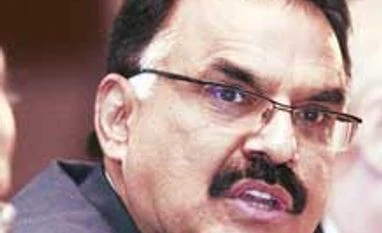"An effective competition regime promotes fair markets, not only enabling efficiency in producing goods and services, but also in enabling its re-distribution," Mayaram said at an international conference organised here by CUTS.
On the significance of competition to the developing world, Mayaram said: "Removing barriers to competition is crucial for attracting investments in key sectors of an economy - especially in developing countries.
More From This Section
"Competition reform has proved to be an effective tool in the global economic recovery process."
Noting that many developing countries have started to recognise competition laws as a tool for catalysing inclusive and sustainable development, he said that various government policy processes in India have pointed towards the urgent need for a 'National Competition Policy' to "kick-start the second generation of economic reforms in the country".
Competition Commission of India Chairman Ashok Chawla said that various fair trade regulators formed 10-20 years back face challenges on the domestic front.
One of such key issues is the need to regulate state owned enterprises, especially by integrating the principle of 'competitive neutrality' in the policy and enforcement process, he said.
Besides, he noted that issues pertaining to understanding and implementing competition were also a challenge.
Chawla said: "There is lack of capacity not only among key stakeholders, but also within the competition authorities, as these agencies often face challenges in terms of human and institutional resources."
Talking about proposals such as formation of global financial regulator, he said that no country would be willing to give up their "sovereignty" and "authority" for the same.
"International principles should be adopted but need to be regulated at the nationally and domestically," he said.
CUTS has organised its third biennial conference on 'Competition Reforms and Emerging Challenges in a Globalising World'.
)